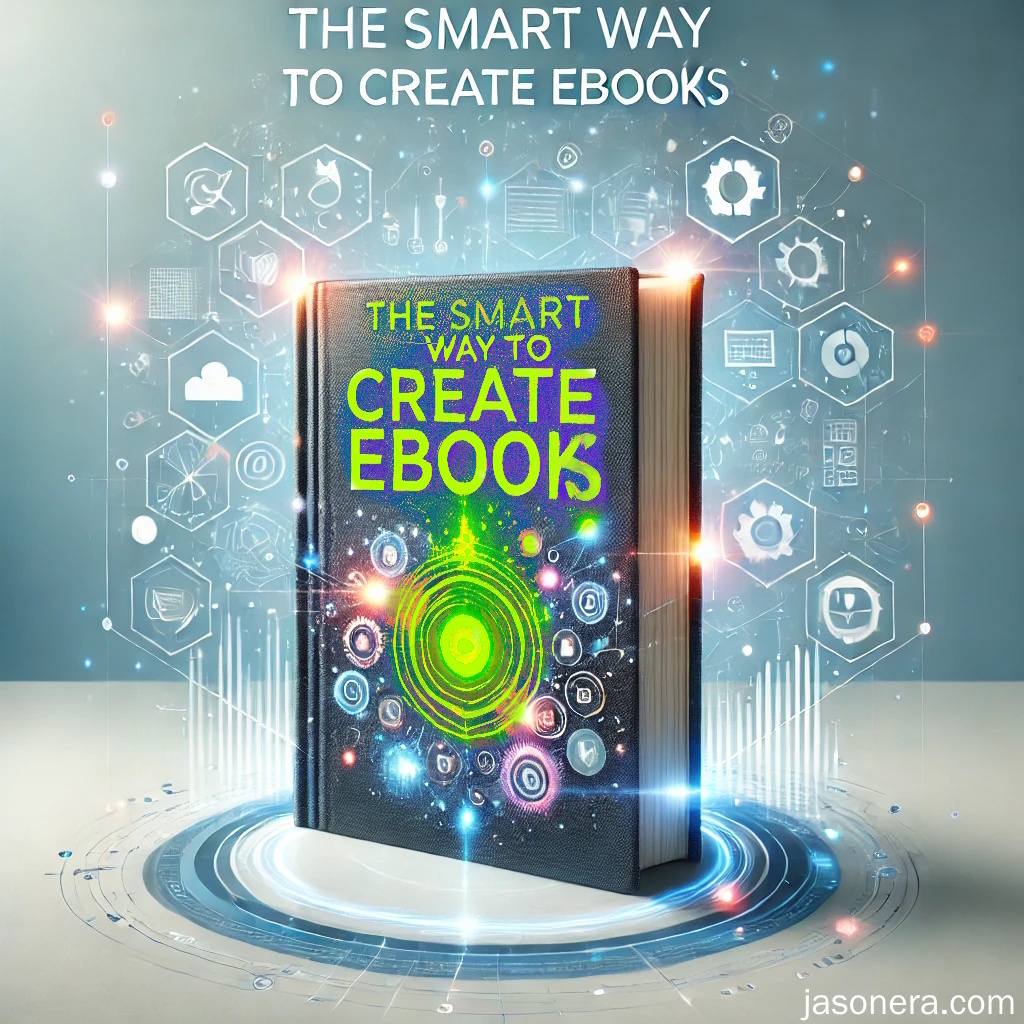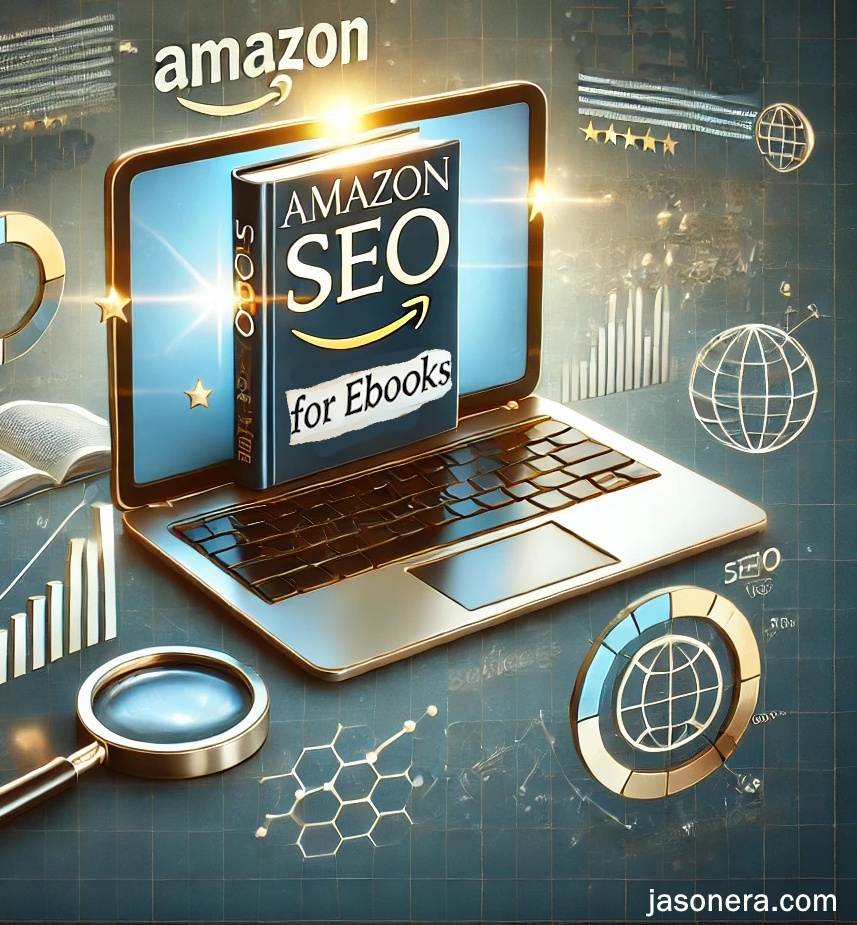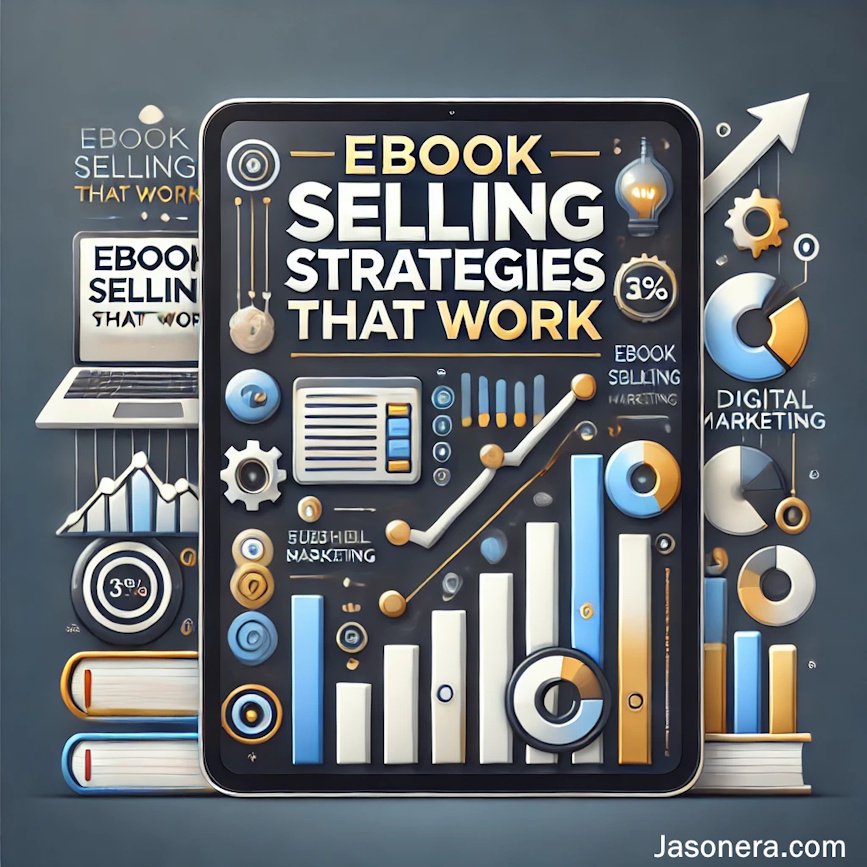What Was The Main Factor To Amazons Success?
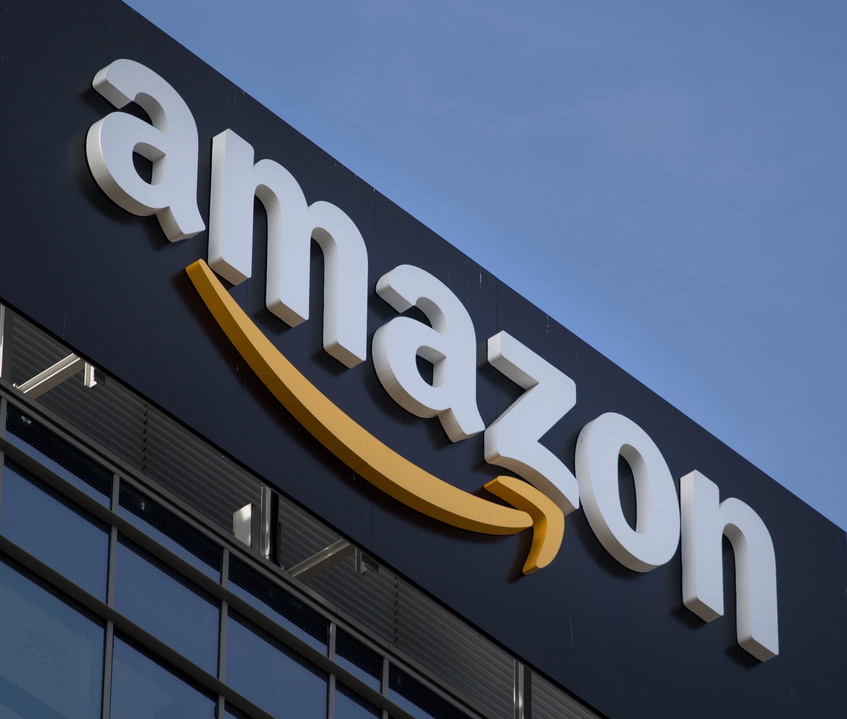
Amazons success you will read is due to:
- books
- the long tail
- affiliate sales
- futuristic mindset of Jeff Bezos
This is not necessarily the original factor. Sometimes we even get a story:
The story goes as follows. Jeff was working as a stock analyst and noticed that the Internet was taking business to another level. He assumed that books would be a good idea because books are consumable and you can have a basic unlimited store online compared to a bricks and mortar store. This would be a fantastic moat to have. So he travels to Seattle (due to talent being there and close to the main book distribution hub). Then he started the business.
Sure there are many other steps (like tax implications of some States, operating costs, initial investment) but that is the main story.
However, it still doesnt close in on the main factor to Amazons success
Amazons success was due to...an upsell?
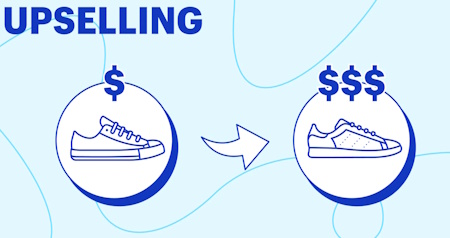
Borrowed with hugs from: https://www.shopify.com/ca/blog/what-is-upselling#
Customer retention.
That is it.
Now, most people will say that they already know that but they just don't understand the significance of retention and how many businesses fail at this.
Amazon was ready to go into debt to make sure that they kept the customer. Everything is focused on customer retention. Eventually advertisements were stopped and costs refocused onto making shipping free. Stars, reviews and marketplace were added to give choice and to add trust.
The customer is the focus of Amazon.
Why does Amazon care about the customer so much?

That is the main question. The above feats are about the customer, but why?
Well it starts with making an online business feasible.
How many experts have said to sell a product at a low price then upsell them on an item? Loads.
You start off low price product which then generates larger price point products. Most large companies do this. The have feeder products which flow you into higher priced products. And highly likely Amazon knew that it was going to sell more products/ range of products in time. So the amount of products to choose from would be vast. So you could call it an indirect upsell.
And Amazon does do upselling (do you want to add these related products?)
But initially Amazon didn't. To get someone to buy one of their books they undersold the price and lost money on each. Why do this?
Well, if you have awesome customer service from start to end:
- products being delivered to your door
- a guarantee
- someone wanting to hear your review of the item
Then you are going to be happy.
Remember that there are only a few ways to increase profit:
- increase prices
- increase buying frequency
- reduce costs
- increase the amount that people buy
If the customer buys again and again that loss of initial product price now disappears- it is the ultimate loss leader product example. So that $9 book can now become $500 in sales over the lifetime of the customer. If that customer uses word of mouth marketing the one $9 book can now become $1000 in lifetime sales- assuming 2 customers.
How many people have bought from Amazon over and over again from an initial book purchase?
Lots.
That loss leading product built an amazing amount of trust which in turn generated profits.
Other services
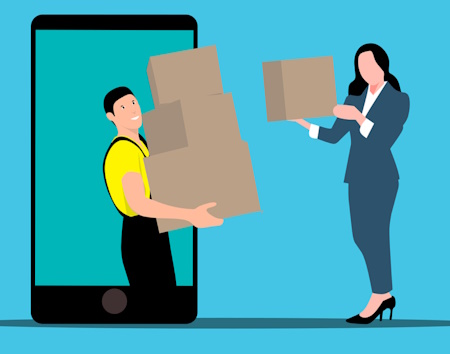
Now what happens when you throw in a much larger database of books? You get more recommendations, people have also bought etc. You get the long tail
What happens when you open up your products to affiliate sales? You get more people buying products which they might not have realised your store would have had. You also get direct sales and indirect advertising- paying only when a sale occurs
What happens when you create a MarketPlace? People then promote their stores- which is directly on your site which indirectly promotes your store. People will also try to reduce the price and compete with one another (hopefully) beating offline world stores. Sprinkle a few Amazon links around and people will also get the chance to buy other Amazon hosted items. It is also nice that you get a percentage of sales.
Make sure your products get to customer quicker and they won't mind if they spend a little more. In fact they will buy more often and buy from a brand which is quick. If it is next day or same day people will pay more. And if you reward customers for their loyalty (Prime?) then they will buy more- Prime day increases sales by 48%. Also it teaches potential customers about other Amazon products like Kindle.
So what you have to do is figure out is:
- what are other people buying that you aren't selling
- are you keeping your customers happy
- can you go in with other similar companies and promote your products to them and vice versa- even having a sale day of your own
- how can you create multiple feeder products that can go into an upsell- or keep multiple products at a competitive level where customers will trust your products over similar products?
Check out more online product monetization strategies on the Jasonera blog here.
About. Updates. Disclaimer. Privacy. Mission/ Vision. FAQ. Newsletter.
Copyright © 2024- Jasonera.com All rights reserved
The Smart Way To Create Ebooks. The internal content sells more ebooks than just a cover. Here's the most effective ways to create the best content.
Amazon SEO For Ebooks. Amazons ranking is based on multiple factors. Here's the many ways to influence Amazons ranking for your benefit.
Buy On Apple, Kobo and tons of others. You can even rent it.
Ebook Selling Strategies That Work. What do the pros use to increases sales, repeated sales and future sales? Can you use them and are there common tactics?
Buy on Apple, Kubo and tons of platforms. And you can rent it.
Affiliate Product Secrets. Affiliate product picking is the most effective way to be successful in affiliate selling. Here are the most effective strategies that improve conversions, reduce refunds and improve earning.
Buy on Apple, Kubo and tons of platforms. And you can rent it.



